A Beginners Guide to Mental Health
To learn more about our therapists and practices at Cor Counseling & Wellness, visit our webpage at www.corspokane.com
I often have clients who come to their first counseling appointment trying to understand what specific help I provide and have questions related to the terms and titles that make up our mental health lingo. Does a counselor prescribe medications? Why do I need a diagnosis? How do you know what kind of therapy is best for your situation? Most people rarely have experience navigating the world of mental health until a crisis hits, and then figuring out how to proceed can be daunting. Here are five of the most common terms that people ask about when starting therapy:
1. Counselor/ Therapist
This term is used interchangeably to describe someone who has professional training in diagnosing and treating psychological conditions with an emphasis on consistent sessions to track symptoms and work out problems. The purpose of frequent appointments is to provide education, training, and guidance that will help a person understand why they are struggling and what they can do to feel better. Meeting with a licensed counselor is a good place to start when trying to determine if medication or testing is necessary, and they can often provide referrals if needed.
2. Psychiatrist
The primary reason someone will schedule with a psychiatrist is to get a prescription for medications. A psychiatrist is the equivalent of a medical doctor with a specialty in treating psychological conditions. They collect information to give a diagnosis and then decide on the appropriate medication to address problem symptoms. Just as you would see your primary doctor only when needing to start a medication or monitor effectiveness, most people only meet with a psychiatrist to get an evaluation for a prescription and check-ups to evaluate if medication changes are needed.
3. Psychologist
If you have ever been told that you or a loved one need to get further “testing” to help understand an issue, you will most likely see a psychologist. A psychologist has advanced training in administering specialized testing that is more in-depth than what a counselor or psychiatrist uses to diagnose. After completing testing, a psychologist will meet with you to explain the results and give treatment recommendations. Some psychologists also provide one-on-one therapy sessions in addition to testing.
4. Diagnosis
A diagnosis is simply a grouping of symptoms that direct what kind of mental health treatment will help. For instance, if someone describes feeling hopeless and having trouble with motivation to get out of bed (depression symptoms), they will need a different kind of treatment than someone who is constantly worried and struggles with perfectionism (anxiety symptoms). A diagnosis is given to direct what kind of therapy or medication will likely work best.
5. Therapy
There are different ways to help a person who is struggling with a mental health condition. Meeting consistently with a trained professional to talk about problems is considered therapy. Therapy requires specialized training to guide that process. If someone says they provide “evidence-based” therapy, this means that they follow steps that have been researched and proven to help with a specific diagnosis.
It is important to note that there is no “magic bullet” therapy, medication, or testing! A therapist has training to guide the process but a client’s motivation and how comfortable they feel with their specific counselor are the highest predictors of success.
Book Resource: How to Do the Work: Recognize Your Patterns, Heal from Your Past, and Create Your Self by Nicole LePera
Disclosure: Information from this blog is not intended to treat, diagnose, or substitute as therapy. If you have concerns regarding your mental health, please seek out treatment from a trained professional. If you are experiencing a mental health crisis you can call or text 988 for immediate help.
